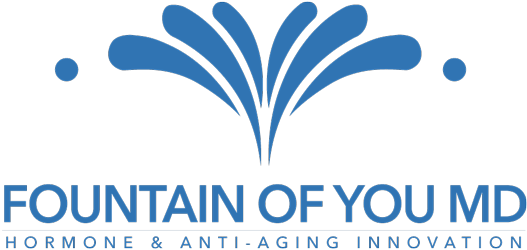What is Testosterone?
Testosterone is a hormone found in all mammals made in specialized structures called gonads (Leydig cells in testes in men and ovaries in women). Hormones are involved in just about every biological function specifically growth, immune function, metabolism and sexual reproduction. Hormones stimulate, regulate, and control these processes.
What are the symptoms of low Testosterone?
Symptoms of low Testosterone present in multiple ways, including weight gain, weakness, decreased endurance, anxiety, mental confusion, fatigue, depression, lack of self-esteem, decreased muscle mass, lack of motivation, erectile dysfunction, lack of interest in sex, and decreased penile rigidity.
Does Testosterone affect libido and erectile ability?
Testosterone directly affects libido and erectile ability by assisting in the flow of blood in the corpora cavernosa, also known as the erectile chambers. As men age, they’re still able to get erections, but have difficulty maintain or accomplishing the rigidity they had during their younger years. The most effective method in restoring better quality erections without the use of erectile dysfunction medication assistance is Testosterone Replacement Therapy. Many men don’t realize how significantly their sex drive has diminished or that their hormone levels are low until it returns once they’ve started therapy.
How is low Testosterone checked?
Low Testosterone is measured with a simple blood test, consisting of free T (testosterone) and not total levels. About 2% of the total level of Testosterone in your blood that is biologically active is free T. The other 98% is bound to sex hormone-binding proteins, making it unavailable for use. Testing only for total T levels is ineffective as free T is what enters the body and does the work leading to symptomatic improvement.
How is low Testosterone treated?
We treat low Testosterone with a comprehensive combination of lifestyle changes and high quality, time released intramuscular injections on a weekly or biweekly basis. We have not achieved results using transdermal (through the skin) therapy, which is not absorbed well in men, is easily transferrable to children and women, and is outrageously expensive (up to $600 per month). Due to the difficulty in controlling the dosage, it is only effective in about 15% of men. Transdermal testosterone is absorbed by the lymphatic system where it can be converted to dihydrotestosterone (DHT) which can cause hair loss and growth of prostate cells. There is also the possibility of transdermal fatigue, where the longer it’s used, the less effective it becomes.
What are some health benefits of TRT?
- Reduce depression, promote mood
- Increase libido or sex drive
- Regulate body fat distribution and weight control
- Increase lean muscle mass
- Increase energy and vitality
- Increase bone density
- Increase endurance and strength
- Decrease risk of heart disease
- Improve blood sugar control
- Improve spatial memory and cognitive impairment
- Improves symptoms of metabolic syndrome
- Improved quality of life
Why have the number of low Testosterone patients increased dramatically in the last 20 years?
Testosterone levels were higher in the past due to multiple environmental and lifestyle factors. Our society has higher stress levels coupled with decreased physical activity. Our obesity rates are the highest they’ve ever been due to an exorbitant consumption of processed and soy-ridden foods and overexposure to herbicides, pesticides, and bisphenol plastics. Our society also has higher rates of substance abuse, specifically with alcohol, caffeine, marijuana, and opiates. We understand that the world is full of temptation and stimulation, and we are not interested in passing judgement against anyone who chooses to better their health. We ask our patients to fully disclose their lifestyle choices in order to facilitate behavioral changes which will ensure a customized approach to improving their quality of life.
Why is Estrogen important in managing male hormones?
Estrogen (E) and Testosterone (T) are structurally very closely related. Converting T to E doesn’t take much modification thanks to the enzyme, aromatase. Some patients have inherently high aromatase activity regardless of changes in lifestyle. T is at its peak level in early adulthood and declines with age. E levels then begin to rise and dominate. Managing Testosterone Replacement Therapy includes maintaining the ratio of T to E. Raising T levels cause E levels to subsequently rise, which will block or blunt the efficacy of your injections. To combat the E rise, I prescribe E blockers, also known as aromatase inhibitors. A lot of prescribers do not realize how important it is to effectively manage along with T. They often start patients on E blockers when beginning T therapy. I do not believe in prescribing any medication my patient might not need. When my patients respond poorly to therapy or exert symptoms of Estradiol excess (such as fluid retention, nipple sensitivity, breast tenderness, emotionality, or inability to lose weight), I order blood work then manage effectively.
How can I become your patient?
Just give us a call or use the online scheduler above to schedule your consultation. The initial visit in my clinic includes a review of your vital signs, a thorough and personalized consultation with me, and any blood work I deem necessary. Our clinic seeks to make this process as educational yet simplified as possible. Our website contains a wealth of informative material which is beneficial to all individuals. Potential patients are encouraged to get acquainted with how we administer therapies by studying the resources we’ve made available. Once your test results have been reviewed, you will be notified personally by me with your recommended treatment regimen. If the screening requirements are met, therapy may begin immediately.
How often will I receive injections?
We follow the standard of care recommended by the FDA and most pharmaceutical manufacturers, which indicate a 14-day treatment protocol, with the dosage amount being the only variable. Testosterone injections will last approximately 15-17 days before dramatically dropping.
Can I self-inject at home?
We recognize that your time is valuable. We are happy to educate you on proper sterile technique, storage, drawing technique, and proper injection methodology. We do require you to attend all required follow up visits and facilitate your compliance with dosing and necessary monitoring blood work.
Why can’t I just video chat or get a telemedicine consult for TRT?
T is a controlled substance and requires periodic face-to-face encounters. It is illegal to prescribe or administer TRT via telemedicine.
How long until I see results?
Vast improvements are noted as soon as two months of continuous therapy, but results can vary.
Is Testosterone Replacement Therapy safe?
TRT has been studied and used for decades with there being no adverse health risks reported during clinical studies.
What are some possible side effects of TRT?
- Secondary polycythemia, which is an increase in red blood cell count. If hemoglobin or hematocrit get too high, this can be a potential health problem.
- A decrease in spermatogenesis and sperm count but is usually reversible after stopping TRT.
- Testicular shrinkage/atrophy. As TRT increases your T, your body slows down production in the testicles. This is easily combated with HCG, which is a naturally occurring hormone which sends a signal to the testicles to make more T. HCG also boosts the follicle stimulating hormone and progesterone, increases ejaculatory volume, and preserves spermatogenesis.
- Mild fluid retention, increased body hair, injection site reaction, mild acne, oily skin and flushing have also been reported in a small minority of patients (less than 6%).
- Increased aggressive behaviors
- Breast enlargement
- Increased urination
What happens if I stop therapy?
Your T levels will return to pre-therapy levels. As a physician, I am glad to ease patients down with a 6-week regimen of novel TRT therapy to avoid crashing.


